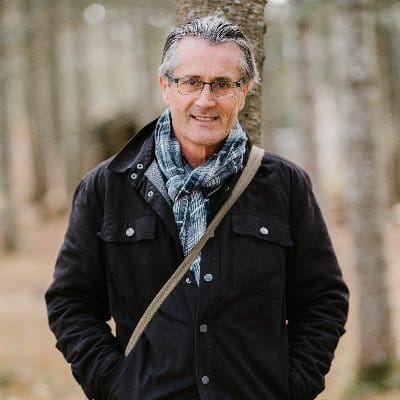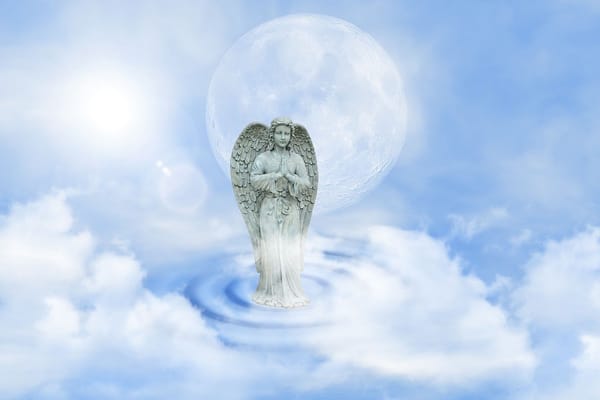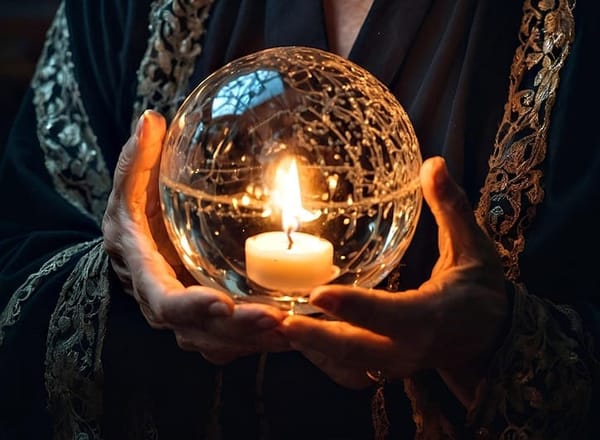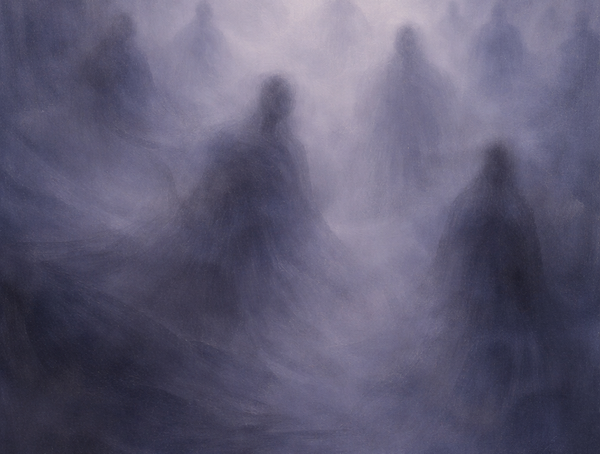Discerning the Real: A Path of Living Cognition VII
Knowledge arises from the formative moment when inner and outer reality meet—and how cognition becomes a moral, participatory act. It is the living union of both perception and conception.

Knowledge arises from the formative moment when inner and outer reality meet—and how cognition becomes a moral, participatory act. It is the living union of both perception and conception.


Module 7: When the Concept Meets the Percept
In the act of perception, something appears before us—a color, a shape, a sound. But in perception alone, the experience is incomplete. We see movement, but not yet meaning. We sense texture, but not essence. What we see or hear is there—but only halfway. The other half must come from within.
That inner counterpart is the concept—not a learned label, but an intuitive grasp of what something is. A child sees water long before knowing the word, yet inwardly grasps its flow, its drinkability, its shimmering life. The concept, in its true form, is not the result of education—it is an inner echo of reality.
What Rudolf Steiner articulated with radical clarity is this: the world is not whole until concept and percept meet. The percept is given from without; the concept is evoked from within. And it is only in the union of the two that we know. This is not theory—it is a direct, everyday experience, unnoticed because it is so constant.
When I look at a tree, my eyes give me the percept—the trunk, the sway, the green. But my inner activity brings the concept: this is a living being, with roots, with growth, with form. Neither alone is knowledge. It is only in the conjunction that the world becomes meaningful.
This moment of conjunction is active. The concept is not sitting in a mental filing cabinet waiting to be retrieved. It arises, or rather is produced, in the presence of the percept. And if we attend closely, we notice the act itself: a quiet, inner alignment, a movement of recognition that bridges the visible and the invisible.

Here, cognition is no longer passive registration. It is creative reunion. The world offers its half; we must bring ours. In that meeting, we do not simply receive reality—we participate in it. The act of knowing becomes a moral gesture: not domination, not appropriation, but rejoining the sundered whole.
To train oneself in this gesture is to begin to think in harmony with the world, not above or outside it. It is to let cognition become a sacred act of co-becoming, where the human being no longer observes from a distance, but takes their rightful place within the unfolding of meaning.





